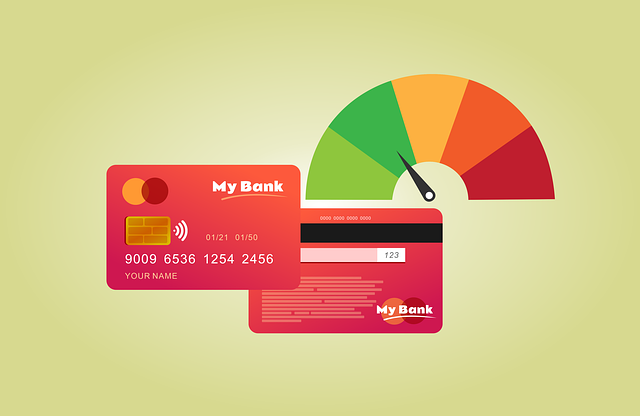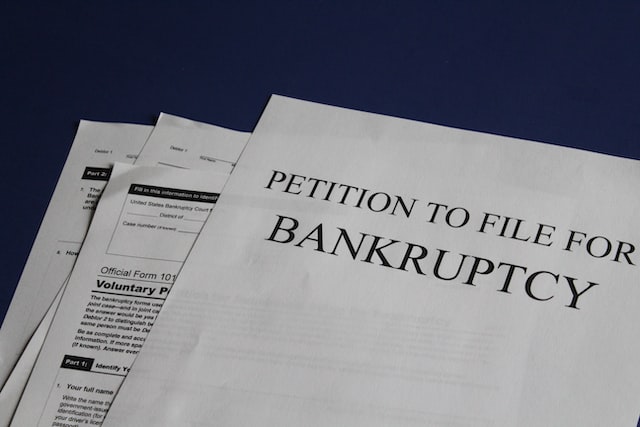While bankruptcy is an incredibly beneficial process for those dealing with unmanageable debts, it is not without consequences. Something that everyone should be aware of when going through the bankruptcy process is the impact that filing can have on credit. If you’re unsure what to expect after filing for bankruptcy, you’ll want to keep reading. The following blog explores what you should know about the impact of this process on your credit score and the importance of working with Franklin County bankruptcy lawyers to explore your legal options.
Will Filing for Bankruptcy Hurt My Credit Score?
When you file for bankruptcy, it’s important to understand that your credit score will drastically fall. This is because filing for bankruptcy shows inability to repay debts, which is something lenders carefully consider when determining whether or not to approve applications.
Unfortunately, the higher your credit score is before filing, the more significant the impact will be. Generally, those with scores above 700 points can see their credit fall at least 200 points, while those with sub-200 scores can see their credit decrease between 130 and 150 points.
It’s critical to understand that bankruptcy can have a considerable impact on your credit, as this will remain on your credit score for years, with Chapter 7 remaining for ten years and Chapter 13 remaining for seven. Unfortunately, this can make it incredibly difficult to obtain credit.
What Steps Can I Take to Rebuild Credit After Filing?
If you are considering bankruptcy but are hesitant because of the impact that this process can have on your credit score, it’s important to understand that there are steps you can take to begin rebuilding your credit after filing. This can help speed up the recovery process, allowing you to reap the benefits of bankruptcy while working to mitigate the impact on your credit.
Generally, one of the most important things you can do to improve your credit after filing for bankruptcy is to ensure you budget properly. As you know, debt can be easy to fall into, so doing what you can to live within your means and limit the debt you accumulate is critical. In the same vein, you should prioritize making on-time payments for all debts, including your mortgage, credit cards, medical bills, and utilities.
You’ll find that applying for loans can be difficult, as your credit score is likely too low. However, you can apply for credit builder loans, which are designed for those going through financial struggles to help improve their credit scores. These loans generally require the lender to hold the loan amount in a secured account. Regardless, your positive activity on this account will be reported to the credit bureaus, so you can begin improving your credit score.
As you can see, filing for bankruptcy can be an incredibly impactful process. However, with hard work, you can begin rebuilding your credit to mitigate the impact this process will have on your future. If you are ready to file, it’s imperative to ensure you work with an experienced attorney with Cousino & Weinzimmer LLC. Our team understands how difficult this process can be to navigate, which is why we are committed to helping you through these challenging times.




